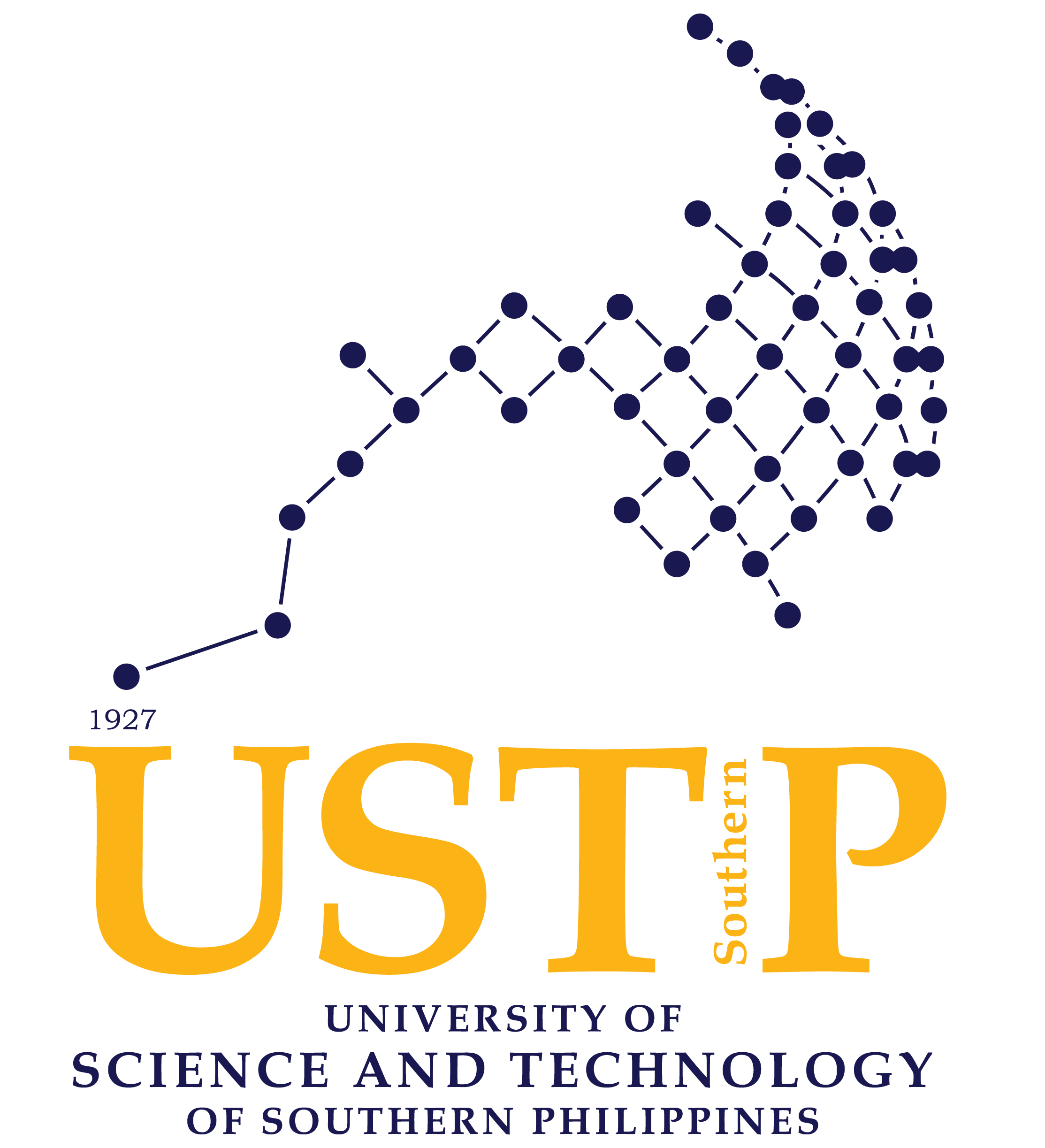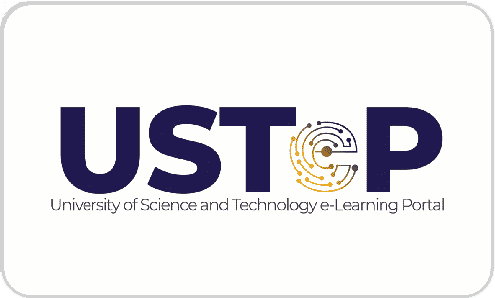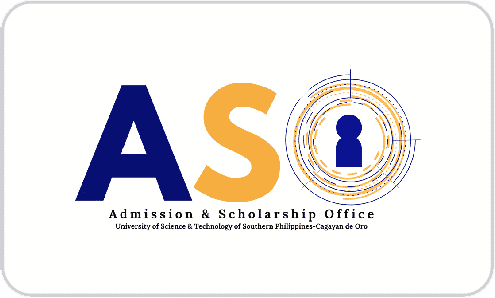Empowering Indigenous Communities: USTP's Sustainable Development Initiative for the Talaandig Tribe
By Randulf C. Doria, USTP System STRATCOMM
Share:
In 2021, the University of Science and Technology of Southern Philippines (USTP) launched a significant extension project, The Talaandig Community Master Development & Architectural Design for Sustainable Community, to support the Talaandig Tribe in Tagbak, Talakag, Bukidnon. The project centers on infrastructure development to enhance the quality of life for the tribe while preserving their rich cultural heritage.
Led by Architect Adolph Vincent E. Vigor, chairperson of the Department of Architecture, College of Engineering and Architecture of USTP Cagayan de Oro, the project unites expertise from various disciplines, including Sustainable Development and Engineering. At the request of the Talaandig Tribe for educational and economic infrastructure, the project was created to meet these needs.
The goal was to build functional spaces for the community to meet their educational needs and improve their livelihood opportunities while honoring their cultural heritage.
Key infrastructure plans include:
Literacy Center: The community requires a learning space for children and adult learners. The center is intended for the Alternative Learning System (ALS), offering the tribe opportunities for continued education, literacy improvement, and skill development. The center will also serve as a community library, promoting a culture of learning.
Gift Shop: The tribe has a rich tradition of craftsmanship and livelihood initiatives, including dressmaking and food processing. To support these endeavors, the project includes plans for a gift shop where the community can display and sell their products, fostering economic empowerment.
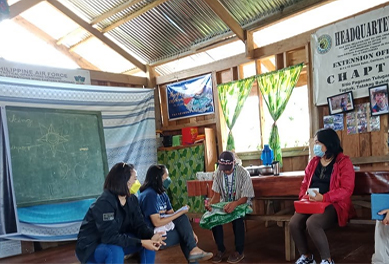
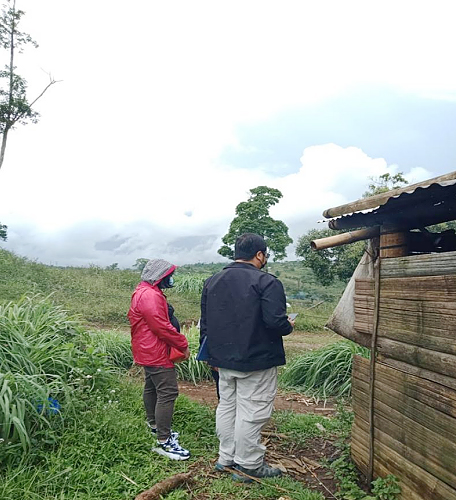
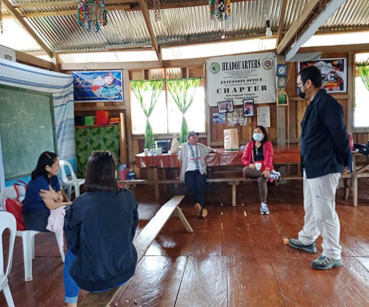
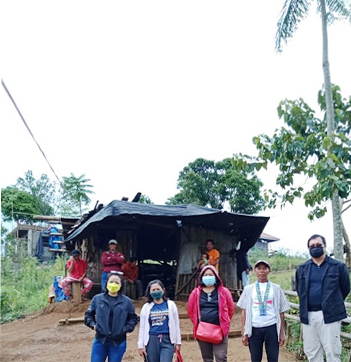
Photo Courtesy: Extension and Community Relations, USTP CDO
This initiative represents the first phase of a three-year program to gradually develop the necessary infrastructure to support educational and economic growth for the Talaandig community.
The program is designed to provide technical advice and architectural design and involve USTP students in the process. Students could develop design solutions through design plates and competitions, gaining real-world experience and creating impactful projects while promoting community engagement and collaboration.
The comprehensive master plan aimed to integrate modern architectural practices with sustainable solutions while honoring the cultural identity of the Talaandig Tribe. The development includes a focus on eco-friendly, culturally sensitive designs, ensuring that the infrastructure will be functional and respectful of the tribe’s traditions.
The project is not limited to infrastructure alone. It also aims to uplift the community by:
- Providing access to educational resources through the Literacy Center fosters formal and informal education for the Talaandig people.
- Supporting local industries by offering a dedicated space for selling tribal crafts and processed goods, boosting the tribe’s economic resilience.
- Preserving cultural identity by incorporating traditional designs into modern infrastructure, ensuring the community’s heritage is maintained.
Completion of the Extension Project
The project has been completed, showcasing USTP’s ongoing dedication to sustainable development and community empowerment. This achievement is a significant milestone for both the Talaandig Tribe and USTP. The initiative established crucial educational and economic resources and encouraged community members to take charge of their development. This project has paved the way for the Talaandig Tribe to thrive in a rapidly changing world while honoring their traditions.
This collaboration between the Talaandig Tribe and USTP emphasizes how academic institutions can play a pivotal role in empowering marginalized communities through innovative, sustainable, and culturally sensitive solutions. The future holds promise as USTP continues to support the Talaandig Tribe in its journey towards a sustainable and self-sufficient community.
